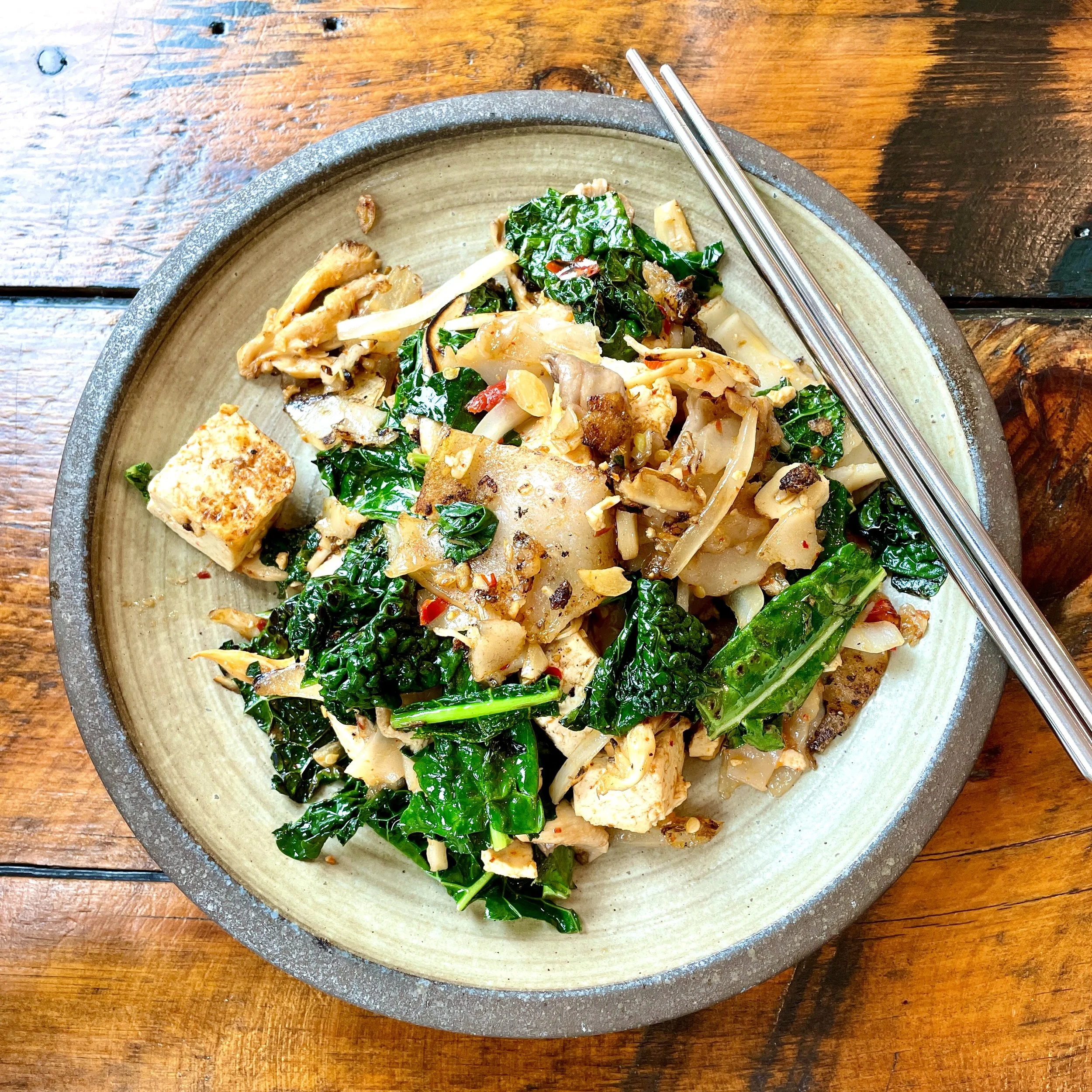Mushrooms and Ergothioneine
Mushrooms contain a specialized antioxidant called Ergothioneine. It is synthesized by most mushrooms, with the highest concentrations being found in oyster mushrooms, which contain approximately 10 times more Ergothioneine than other dietary sources.
Ergothioneine is unique in its ability to protect the brain from oxidative stress, it reduces the risk of cancer, especially breast cancer, and it has been called a longevity vitamin due to its involvement in healthy aging.
Brain Health
Regular mushroom consumption has been found to be protective against cognitive decline during aging.
A 2006 study from Japan found that, “Frequent mushroom consumption is significantly associated with a lower risk of incident dementia, even after adjustment for possible confounding factors." www.pubmed.ncbi.nlm.nih.gov/28295137/
A 2019 study from Singapore of 663 participants found, "Compared with participants who consumed mushrooms less than once per week, participants who consumed mushrooms >2 portions per week had reduced odds of having (mild cognitive impairment) MCI...and this association was independent of age, gender, education, cigarette smoking, alcohol consumption, hypertension, diabetes, heart disease, stroke, physical activities, and social activities. Our cross-sectional data support the potential role of mushrooms and their bioactive compounds in delaying neurodegeneration." www.pubmed.ncbi.nlm.nih.gov/30775990/
By contrast, low levels of Ergothioneine have been associated with cognitive decline in aging populations. A 2016 study found that Ergothioneine (ET) levels were lower in subjects 60 years and older displaying cognitive decline. "This decline suggests that deficiency in ET may be a risk factor, predisposing individuals to neurodegenerative diseases." www.pubmed.ncbi.nlm.nih.gov/27444382/
It is hypothesized that Ergothioneine’s protection of the brain mitochondria may protect the brain from oxidative damage, helping to prevent neurodegenerative diseases, such as Alzheimer’s and Parkinson's. "Evidence suggests that ET may protect the brain against oxidative damage and neuroinflammation, target underlying pathologies in neurodegeneration such as mitochondrial dysfunction." www.ncbi.nlm.nih.gov/pmc/articles/PMC8113028/
Breast Cancer
Ergothioneine is particularly important for its ability to protect against breast cancer.
In a 2009 study of over 1000 women, the researchers found that, “Higher dietary intake of mushrooms decreased breast cancer risk in pre- and postmenopausal Chinese women.” www.pubmed.ncbi.nlm.nih.gov/19048616/
A 2021 meta-analysis reported, "Higher mushroom consumption was associated with lower risk of breast cancer...The potential biological mechanisms underlying the association between mushroom consumption and lower risk of cancer may stem from their antioxidant properties due to the specific mushroom components ergothioneine and glutathione. Oxidative damage due to an excess of free radicals is an important causal factor in the aging process and diseases of aging including many cancers, with amounts being related to poor lifestyle habits such as an unhealthy diet... Mushrooms are a potent source of key antioxidants that can mitigate oxidative stress and improve human health and promote quality of life.” europepmc.org/article/med/33724299
COVID-19
Although preliminary given the recency of COVID-19, Ergothioneine (ET) from mushrooms is showing promise for improving virus outcomes. “We suggested that ET might alleviate symptoms and improve prognostic outcomes of COVID-19 patients, since it can protect against the underlying pathologies implicated in COVID-19, e.g. acute respiratory distress syndrome (the main cause of mortality in COVID-19), excessive oxidative damage, inflammation, and endothelial dysfunction. The presence of ET in major organs could also protect them from injury due to a hyperactive immune response and prevent permanent damage (e.g. fibrosis).”www.ncbi.nlm.nih.gov/pmc/articles/PMC8113028/
Given Ergothioneine’s anti-aging properties and its potential to reduce the risk of brain degeneration, cancer, and even severe complications of COVID-19, I make a concerted effort to cook with mushrooms several times a week. I generally use portobello, baby button, maitake, and shiitake mushrooms, but I will now seek out oyster mushrooms given their high Ergothioneine levels. Recipes to follow.
Isn’t it wonderful when something so delicious is also so health-promoting?
Plants are amazing!
🍄




